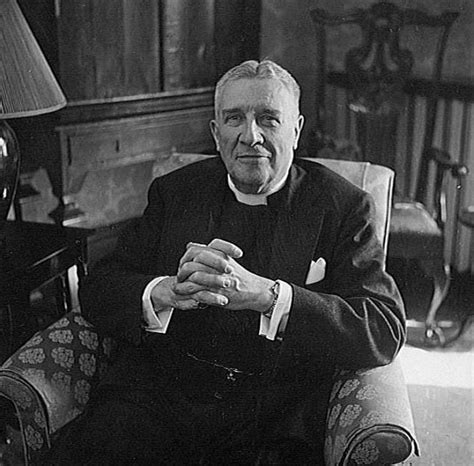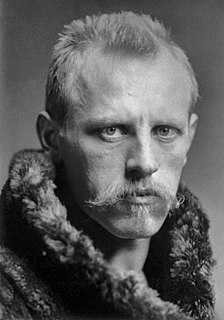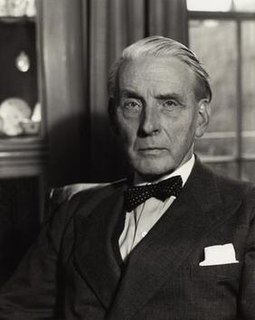A Quote by Gautama Buddha
Solitude is happiness for one who is content, who has heard the Dhamma and clearly sees. Non-affliction is happiness in the world - harmlessness towards all living beings.
Related Quotes
The belief that happiness has to be deserved has led to centuries of pain, guilt, and deception. So firmly have we clung to this single, illusory belief that we've almost forgotten the real truth about happiness. So busy are we trying to deserve happiness that we no longer have much time for ideas such as: Happiness is natural, happiness is a birthright, happiness is free, happiness is a choice, happiness is within, and happiness is being. The moment you believe that happiness has to be deserved, you must toil forevermore.
One should never direct people towards happiness, because happiness too is an idol of the market-place. One should direct them towards mutual affection. A beast gnawing at its prey can be happy too, but only human beings can feel affection for each other, and this is the highest achievement they can aspire to.
All living beings have experience of pleasure and pain, and we are among them. What makes human beings different is that we have a powerful intelligence and a much greater ability to achieve happiness and avoid suffering. Real happiness and friendship come not from money or even knowledge, but from warm-heartednes s. Once we recognize this we will be more inclined to cultivate it.
Please stop waiting for a better and more appropriate time to become happy and focus on the moment you live in. Happiness is not an arrival, it is the journey itself. Many people seek for happiness above the height of human beings, some below. Yet, happiness is exactly at the exact height of human beings.
And happiness...Well, after all, desires torment us, don't they? And, clearly, happiness is when there are no more desires, not one...What a mistake, what ridiculous prejudice it's been to have marked happiness always with a plus sign. Absolute happiness should, of course, carry a minus sign — the divine minus.
When I look at what the world does and where people nowadays believe they can find happiness, I am not sure that that is true happiness. The happiness of these ordinary people seems to consist in slavishly imitating the majority, as if this were their only choice. And yet they all believe they are happy. I cannot decide whether that is happiness or not. Is there such a thing as happiness?
I had always been taught that the pursuit of happiness was my natural (even national) birthright. It is the emotional trademark of my culture to seek happiness. Not just any kind of happiness, either, but profound happiness, even soaring happiness. And what could possibly bring a person more soaring happiness than romantic love.





























